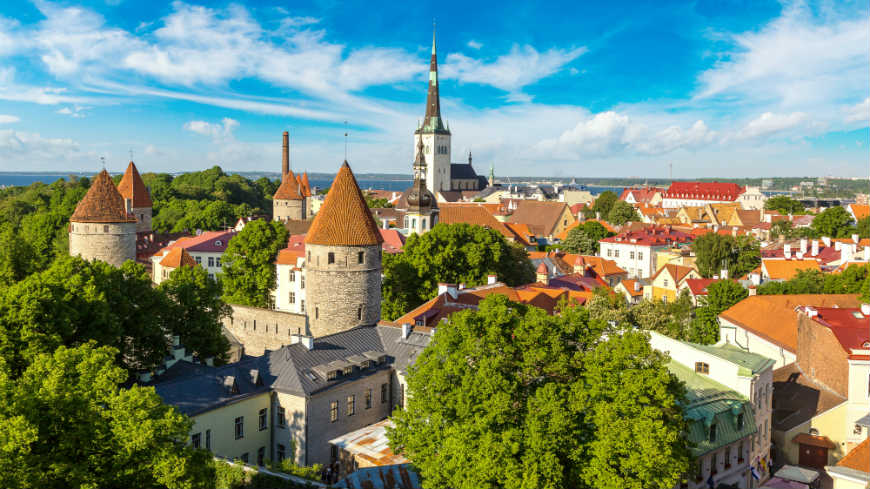On 20 June 2018, the Council of Europe’s Group of Experts on Action against Trafficking in Human Beings (GRETA) published its second evaluation report on Spain. In the report, GRETA welcomed progress made in developing the legislative, institutional and policy framework against trafficking in human beings (THB), but noted that improvements are needed in a number of areas, in particular as regards tackling trafficking for labour exploitation. GRETA urged the Spanish authorities to adopt, as a matter of priority, a comprehensive national action plan which includes measures to combat trafficking for the purpose of labour exploitation and which prioritises the identification of victims of trafficking among asylum seekers and irregular migrants. GRETA noted that the number of formally identified victims of trafficking is limited due to gaps in the identification of victims of trafficking among asylum seekers and persons detained as irregular migrants, including in the Spanish cities of Ceuta and Melilla. GRETA urged the Spanish authorities to take further steps to improve the timely identification of victims of trafficking and to ensure that, in practice, formal identification of victims of THB does not depend on the presence of sufficient evidence for the initiation of criminal proceedings. The authorities should pay increased attention to the proactive detection of victims of trafficking among asylum seekers and persons placed in immigration detention, as well as migrants arriving in the autonomous cities of Ceuta and Melilla, allowing sufficient time to gather necessary information and taking into account their traumatic experience. GRETA also urged the Spanish authorities to improve the identification of and assistance to child victims of trafficking, on a basis of a specialised co-operation and referral mechanism which is integrated into the existing child protection systems. The main countries of origin of foreigners identified as victims of trafficking were Romania (306 victims), Nigeria (104), China (100), Paraguay (58) and Bulgaria (42).
On 12 June 2018, GRETA published its first report on Estonia. In the report, GRETA welcomed the measures taken by Estonia in terms of legislation, training and awareness-raising, and called on the authorities to improve victim identification and protection. GRETA stressed that all persons subjected to human trafficking for different purposes of exploitation should be identified as such, regardless of whether criminal investigations are initiated, so that they can fully benefit from the assistance and protection measures provided for under the Council of Europe Convention on Action against Trafficking in Human Beings. For this purpose GRETA recommended the introduction of a National Referral Mechanism. Further, GRETA urged the Estonian authorities to improve the identification of victims of trafficking among children and foreign nationals. Moreover, GRETA noted that the recovery and reflection period should be extended to cover presumed victims of trafficking and avoiding their removal from the country. GRETA also considers that the Estonian authorities should take steps to ensure that victims of trafficking can fully benefit from the right to obtain a renewable residence permit, including owing to their personal situation, without prejudice to the right to seek and enjoy asylum. More generally, GRETA stressed the need for a dedicated national action plan and/or strategy, addressing human trafficking for all forms of exploitation, while taking into account the gender dimension of trafficking and the particular vulnerability of children.



